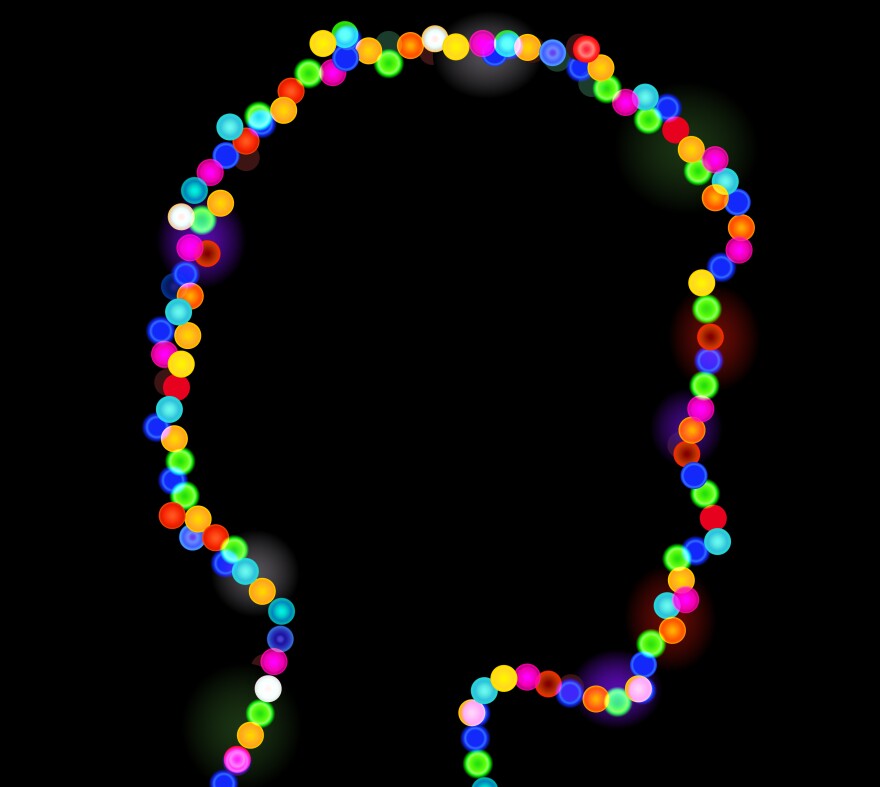"Crazy," "hysterical," "overreactive," "hormonal." These are stereotypes many women still have to fight to be taken seriously. And that fight can be especially challenging because so many women do face very real symptoms such as bloating, headaches, irritability and mood changes — often on a monthly cycle.
These symptoms, especially ones around mood, are often stigmatized and hidden. But they can be signs of changes in hormone levels — estrogen, specifically — and those changes can become more pronounced, and even severe, at key points in women's lives: puberty, pregnancy and perimenopause.
Perimenopause is the longest of the three phases — it can go on for a decade or longer — and is often the most misunderstood by women, who may not know its symptoms until it's happening or confuse it with menopause. Perimenopause is when a woman's fertility is winding down, menstrual periods become irregular and, eventually, when menopause is reached, menstruation stops. Mood swings are among the symptoms women report, as well as hot flashes and difficulty sleeping.
There's a lot that researchers don't know about the role hormones play in mood changes and depression — the latter affecting women at twice the rate for men. But they do know that changes in hormone levels are linked to certain types of depression, and there are types of depression that are unique to women.
In a series airing this week on Morning Edition, NPR explores what's actually happening in a woman's body at these pivotal moments and how to manage the unforeseen effects, such as anxiety and depression.
Click the play button to hear the first conversation in the series.
Copyright 2021 NPR. To see more, visit https://www.npr.org. 9(MDIxMDkyNjUxMDE0NDY1Njg1NzRiOTRiYQ000))






